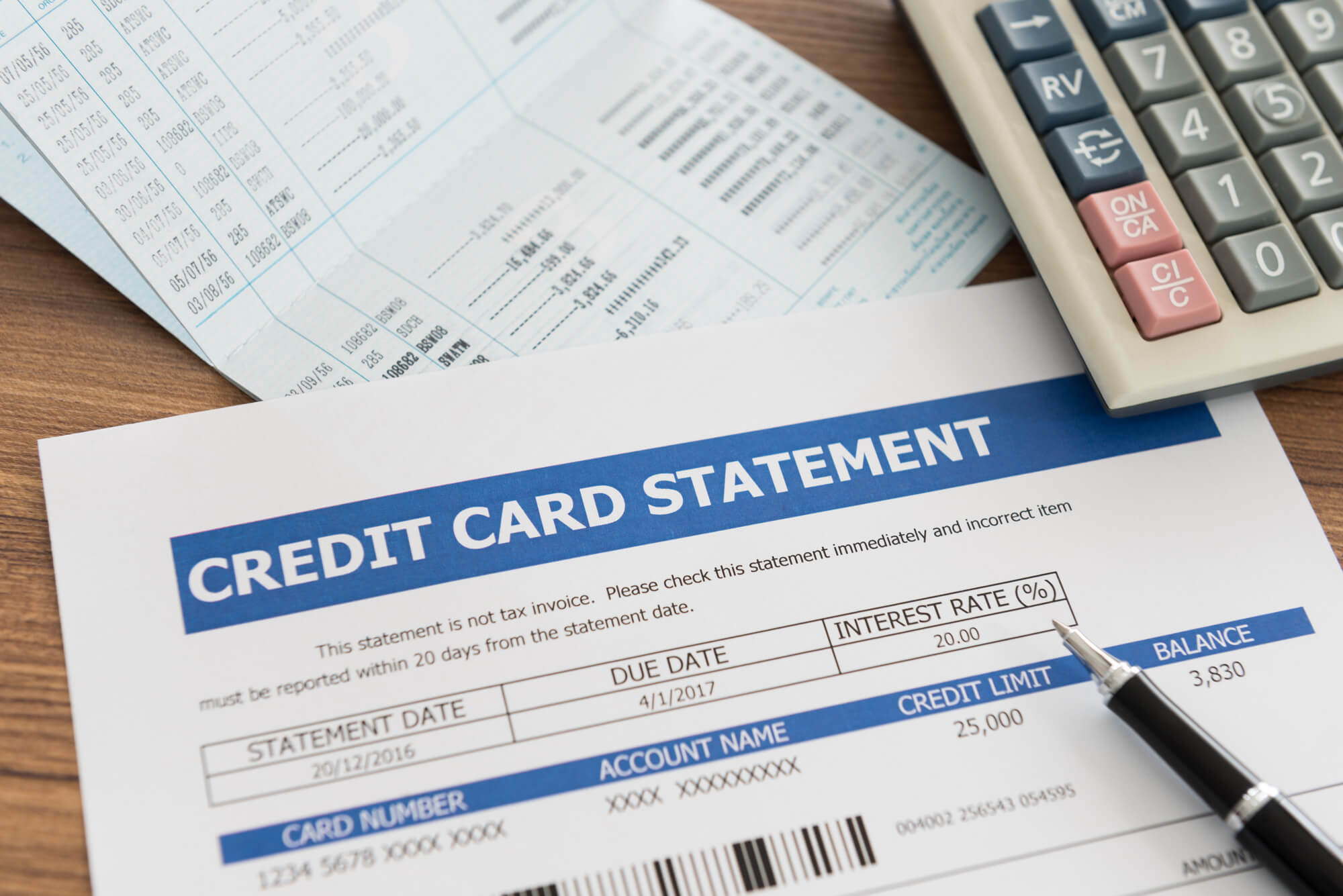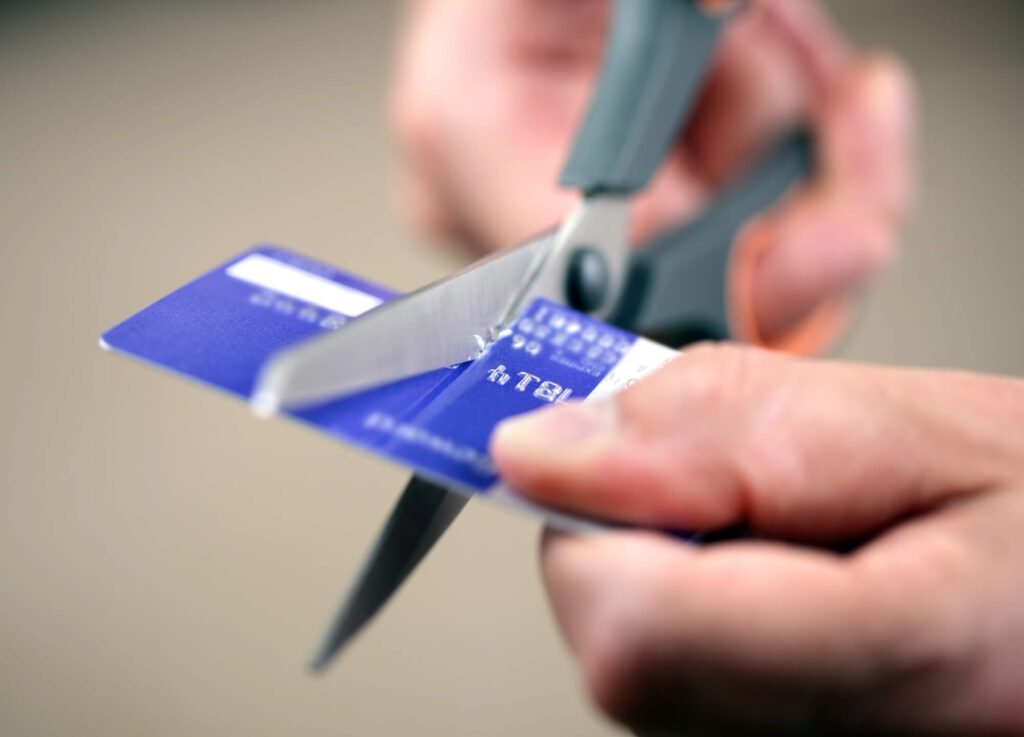Credit card counseling can be a valuable lifeline for those struggling with debt. It equips individuals with the knowledge and tools to overcome financial challenges. However, successfully emerging from credit card debt is only half the battle. The real challenge lies in maintaining that debt-free status and avoiding relapse.
Let’s explore practical strategies to help you stay on track with your financial goals. These strategies encompass the importance of mindful spending, building an emergency fund, seeking ongoing support, and setting achievable goals. Following these steps can fortify your financial resilience and reduce the risk of relapsing into credit card debt.

How to Avoid Relapsing Into Credit Card Debt
1. Mindful Spending
To avoid debt, it’s important to spend mindfully. Keep a close eye on your expenses and determine whether you need something before making a purchase. Create a monthly budget that includes your income, fixed expenses, and discretionary spending. This will help you manage your finances and avoid impulse buys that could lead to credit card debt. You can stay on top of your finances by being mindful of your spending habits.
2. Building an Emergency Fund
An essential component of financial stability is having an emergency fund. Unexpected expenses, such as medical bills or car repairs, can derail your financial progress if you’re unprepared. Start by saving one two months’ worth of living expenses, in a separate account, and build it up from there. This cushion will serve as a safety net, reducing the likelihood of turning to credit cards in times of crisis.
3. Regular Credit Card Counseling Check-Ins
Don’t underestimate the power of ongoing credit card counseling. Regularly check in with a certified credit counselor to review your financial situation and receive guidance on staying debt-free. These professionals can provide valuable insights and help you stay accountable for your financial goals.
4. Set Achievable Financial Goals
Setting clear and achievable financial goals is vital to staying on track. Break down your objectives into smaller, manageable steps. Celebrate your milestones along the way to maintain motivation. Whether it’s paying off a specific credit card balance or saving for a vacation, having concrete goals will keep you focused on your financial success.
5. Track Your Progress
Maintaining a debt-free status requires continuous effort. Regularly review your financial progress, including your credit card balances and overall debt reduction. Use tools like debt payoff calculators to visualize your trajectory. Tracking your progress can be motivating and help you identify areas where you need to make adjustments.

Are You Considering Credit Card Counseling?
Staying out of credit card debt is a journey that requires dedication, discipline, and a commitment to financial well-being. By implementing these strategies, you can build a strong financial foundation that reduces the risk of relapsing into credit card debt.
You don’t have to navigate this path alone. Seek the support of certified credit card counseling professionals to guide you toward financial freedom.
If you need professional assistance and guidance in managing your credit card debt, consider contacting Debthelper. Our expert team can provide the necessary tools and support to help you stay debt-free. Don’t hesitate to take control of your financial future. Reach out to us today.





